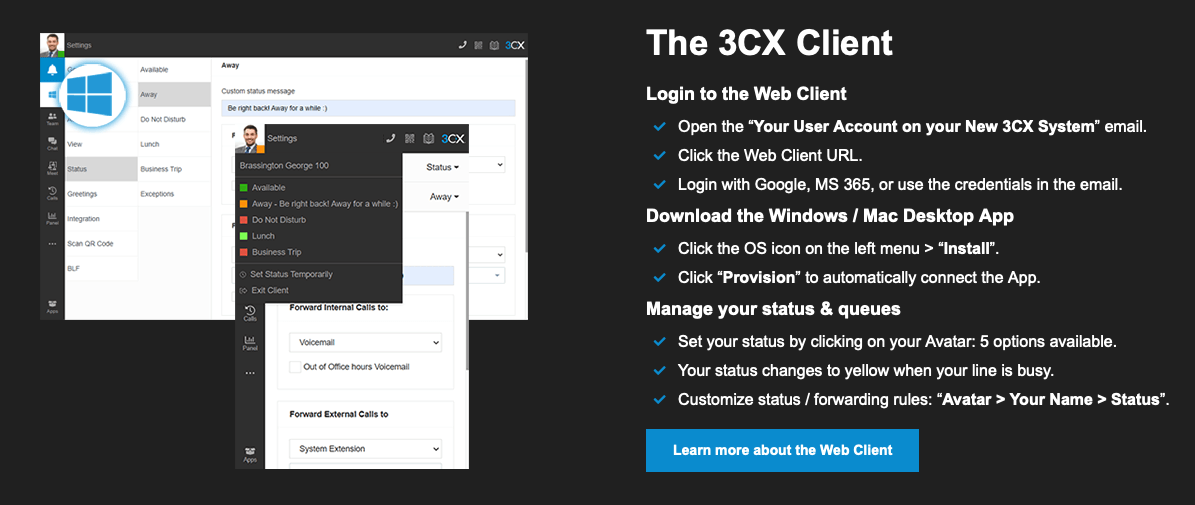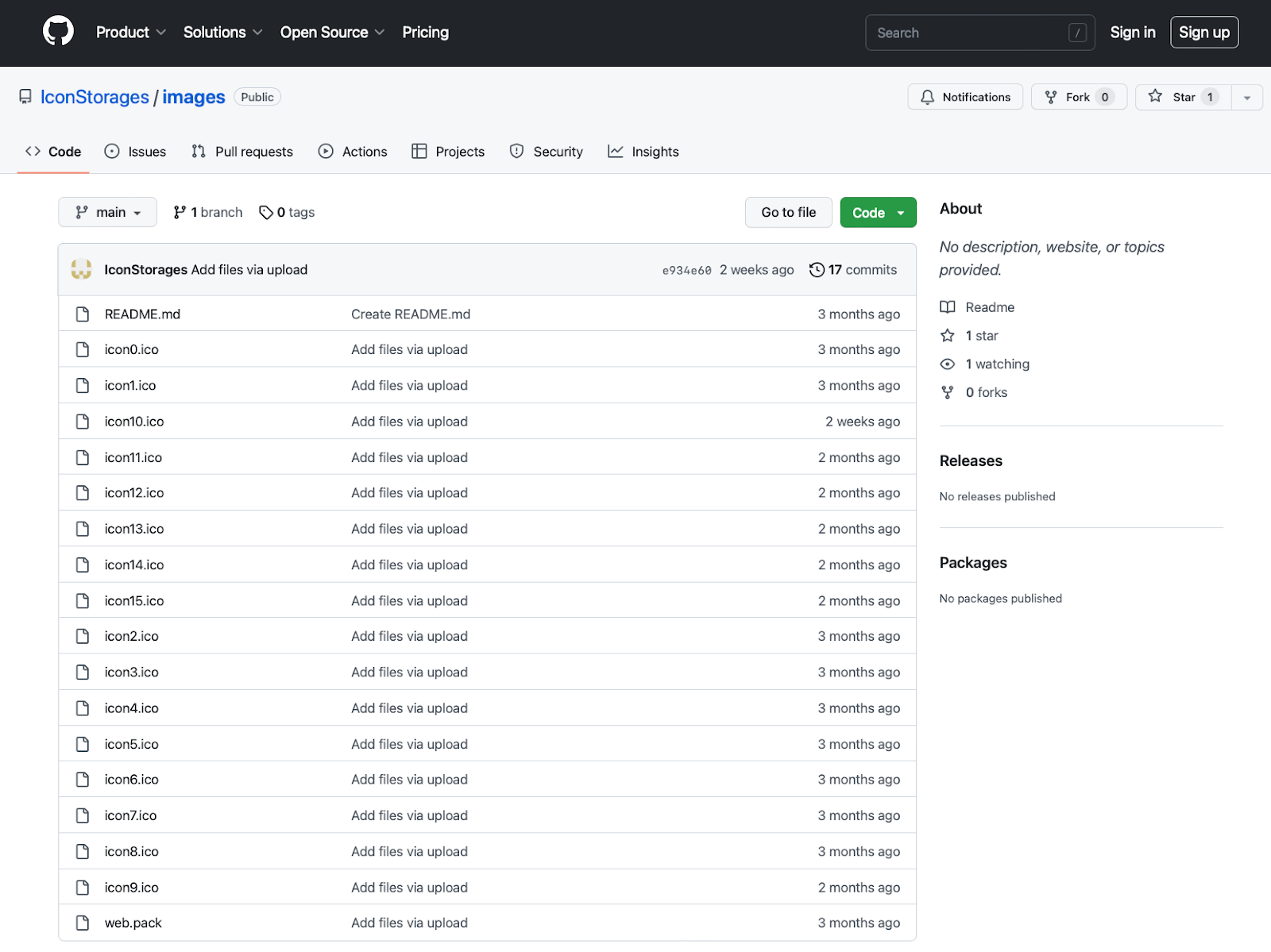3CX Desktop App for Windows and macOS Reportedly Compromised in Supply Chain Attack

A softphone desktop application from 3CX, makers of a popular VoIP PBX solution used by over 600,000 organizations, has reportedly been trojanized as part of a supply chain attack. CVE-2023-29059 was assigned for this issue on March 30.
Update March 30 #4: This blog has been updated to reflect the availability of a version check plugin for the 3CX desktop apps containing malware, an updated version of the 3CX DesktopApp for Windows and macOS, a CVE identifier (CVE-2023-29059) assigned for this issue and clarifications on the supply chain attack and nation-state connection.
Background
Following a report that software made by 3CX — developers of a popular Voice over Internet Protocol (VoIP) Private Branch Exchange (PBX) phone system — was compromised as part of an “active intrusion campaign” targeting 3CX customers, Tenable’s Security Response Team (SRT) has prepared this frequently asked questions (FAQ) blog detailing what we know about the attack thus far. The information presented in this blog post was current as of March 29. Additional changes made after publication can be tracked in the changelog below.
FAQ
What happened with 3CX?
On March 29, a post on the CrowdStrike subreddit revealed that the 3CX desktop app, a softphone client for both Windows and Mac, was compromised and trojanized.

Do we know which versions of the 3CX desktop apps are vulnerable?
As of March 29, based on what has been shared publicly by researchers, the following versions of the 3CX desktop apps are considered to be affected:
| Operating System | Version | Filename | SHA256 (Installer) |
|---|---|---|---|
| Windows | 18.12.407 | 3cxdesktopapp-18.12.407.msi | aa124a4b4df12b34e74ee7f6c683b2ebec4ce9a8edcf9be345823b4fdcf5d868 |
| Windows | 18.12.416 | 3cxdesktopapp-18.12.416.msi | 59e1edf4d82fae4978e97512b0331b7eb21dd4b838b850ba46794d9c7a2c0983 |
| macOS | 18.11.1213 | 3CXDesktopApp-18.11.1213.dmg | 5407cda7d3a75e7b1e030b1f33337a56f293578ffa8b3ae19c671051ed314290 |
| macOS | latest | 3cxdesktopapp-latest.dmg | e6bbc33815b9f20b0cf832d7401dd893fbc467c800728b5891336706da0dbcec |
On March 30, 3CX CISO Pierre Jourdan published a blog post that lists additional trojanized 3CX desktop app versions for macOS:
- 18.12.402
- 18.12.407
- 18.12.416
What do these trojanized versions of the 3CX desktop applications do?
Researchers report that the trojanized applications have been observed:
- Connecting back to infrastructure associated with the threat actors
- Retrieving and deploying “second-stage payloads”
- Hands-on-keyboard activity (limited cases)
According to newly disclosed research into the attack, the second-stage payloads appear to have been hosted on a public GitHub repository that has since been removed.

Image Source: Tenable, March 2023
The second-stage payloads were used to download a third-stage information stealer, allowing attackers to collect information such as browser history from popular browsers like Google Chrome, Microsoft Edge, Brave and Mozilla Firefox.
When did this attack begin?
3CX customers reported receiving threat alerts from SentinelOne as early as March 22. Other endpoint security solutions have also begun to flag both the 3CX desktop applications and installer files as malicious.
However, researchers at BleepingComputer noted that one of the trojanized 3CX desktop application files identified as malicious was digitally signed by 3CX on March 3. We do not know if it was distributed back then.
Additionally, the GitHub repository containing the second-stage payloads was first populated back in late December 2022.

Image Source: Tenable, March 2023
Is this a supply chain attack?
Yes, it would appear this incident is likely the result of a supply chain attack based on the fact that the 3CX desktop application installers for Windows and macOS distributed directly from 3CX were trojanized. While the exact details about the supply chain attack are not yet known, 3CX CISO Pierre Jourdan says the issue stems from "one of the bundled libraries" used to compile the Windows and macOS 3CX DesktopApps.
Until the evening of March 29, the trojanized versions of these installers were still downloadable from the 3CX website.
Has this report been corroborated by any other vendors?
Yes, SentinelOne published a blog post calling it the “SmoothOperator” campaign. Sophos X-Ops team also published a blog post calling it a DLL-sideloading attack.
Has this supply chain attack been attributed to a threat actor?
Yes, researchers believe this supply chain attack against 3CX is the work of LABYRINTH CHOLLIMA, a sub-group of the Lazarus Group, a North Korean state-sponsored advanced persistent threat actor.
A previous version of this blog post did not specify that LABYRINTH CHOLLIMA is a sub-group of the Lazarus Group.
How popular is 3CX’s software?
The 3CX website says that its software is used by over 600,000 companies and over 12 million users daily, including several noteworthy organizations.
Are any vulnerabilities involved in this attack?
At the time this blog post was first published on March 29, we were not aware of any links to any vulnerabilities associated with 3CX. However, on March 30, a CVE identifier was assigned for this issue: CVE-2023-29059
Has 3CX issued a response to these reports?
On March 30, 3CX published an official security alert on its forums. In its alert, 3CX CEO Nick Galea confirmed that the "3CX DesktopApp has a malware in it" while only calling out the "Windows Electron client for customers running update 7."
The post states that an update to its Windows DesktopApp will be released "in the coming hours." However, the post does not mention its macOS desktop app.
Does Tenable have any plugins customers can use to identify vulnerable versions of the 3CX desktop application?
Tenable has released three plugins:
| Plugin ID | Plugin Name |
|---|---|
| 173712 | 3CX DesktopApp Malware |
| 173677 | 3CX Desktop App Local Windows Detection |
| 173679 | 3CX Desktop App Local macOS Detection |
Plugin ID 173712 can be used to identify the versions of 3CX DesktopApp that are trojanized.
On March 30, 3CX noted the release of updated versions of the 3CX DesktopApp for Windows and macOS: Version 18.12.422. For more information, please refer to the 3CX blog post.
For information on forthcoming plugins, please follow our plugins pipeline page.
Get more information
- Reddit Thread on Active Intrusion Campaign Targeting 3CX Customers
- SmoothOperator Campaign Trojanizes 3CXDesktopApp
- 3CX users under DLL-sideloading attack
Join Tenable's Security Response Team on the Tenable Community.
Learn more about Tenable One, the Exposure Management Platform for the modern attack surface.
Change Log
Update March 30 #4: This blog has been updated to reflect the availability of a version check plugin for the 3CX desktop apps containing malware, an updated version of the 3CX DesktopApp for Windows and macOS, a CVE identifier (CVE-2023-29059) assigned for this issue and clarifications on the supply chain attack and nation-state connection.
Update March 30 #3: This blog has been updated to reflect additional trojanized 3CX desktop app versions for macOS.
Update March 30 #2: This blog has been updated to include links to two Tenable plugins for identifying vulnerable versions of the 3CX desktop application.
Update March 30 #1: This blog has been updated to include a link to an official statement from 3CX CEO Nick Galea as well a link to our plugins search page for forthcoming detection plugins.
- Exposure Management



